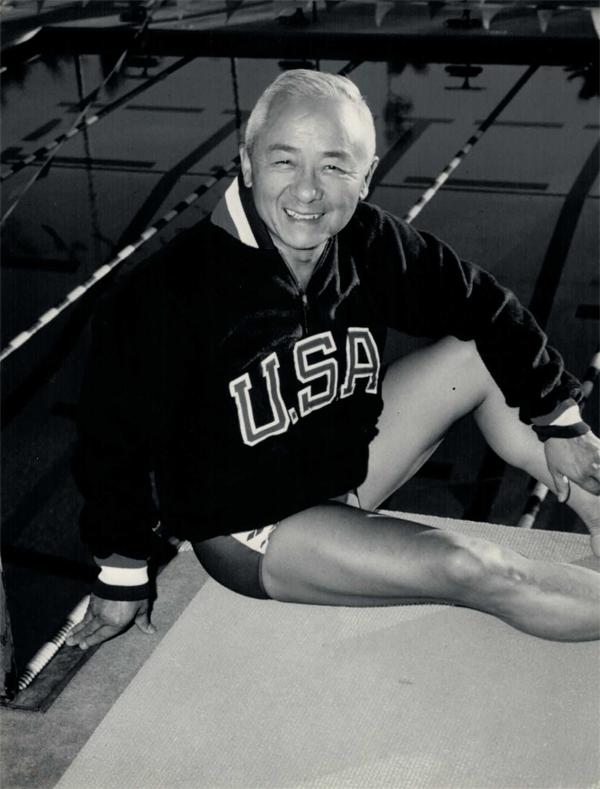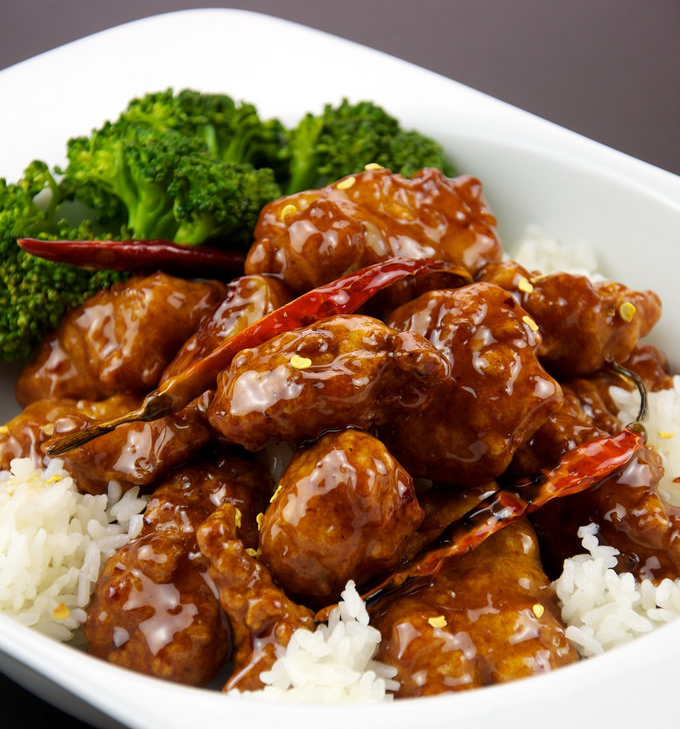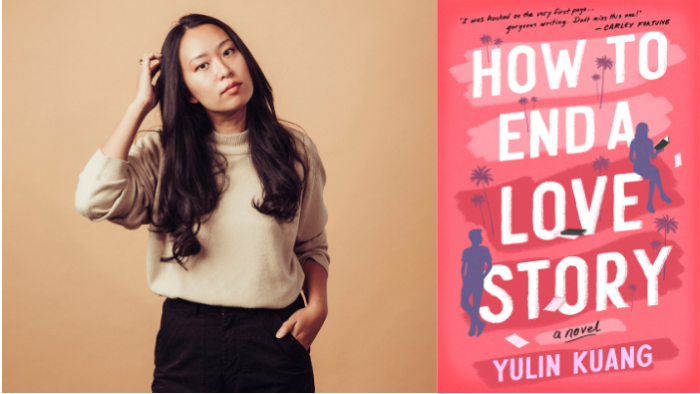When Dr. Sammy Lee was a young Olympic diving hopeful, the biggest challenge in his life was finding a practice pool open to non-whites.
“In my day, the only time I could train was when they opened up the Los Angeles Swim Stadium,” Lee told KoreAm Journal in 1995. “The other place, which was closer to me, was Brookside Park, and non-whites could go in only one day a week, on Wednesday. And then that pool was to be emptied after we used it — the people of color used the pool to be emptied — and fresh water was brought in the next day.”
For Lee, who died of pneumonia Friday aged 96, at his home in Newport Beach, California, it was the beginning to the story — a story that he once said he crafted through “calming prejudice by performance” — that would land him in history books as the first Asian American man to ever win Olympic gold, and as an anchor of the Korean American community.
In 1942, Lee became the first American of color to win the country’s diving national championship. In 1948, Lee dove to victory at the London Summer Olympics, picking up gold and bronze medals each; in 1952, in Helsinki, he shattered two more barriers: first American diver to win back-to-back gold medals, and oldest diver ever (at the time – he was 32) to win gold in diving.

Dr. Sammy Lee, middle, on the podium to receive his gold medal at the 1948 London Summer Olympics. (Kore Asian Media file)

Dr. Sammy Lee, middle, at the 1952 Helsinki Summer Olympics victory ceremony with his second diving gold medal. (Kore Asian Media file)

Dr. Sammy Lee, right, with gold-winning Olympic diver Greg Louganis, middle, and Barbara Walters, left. (Kore Asian Media file)
In 1995, Lee told KoreAm’s Larry Tazuma how it all started:
It’s the middle of June and a 12-year-old Korean American boy has begun summer vacation by accompanying his father to the produce mart to stock up on fruits and vegetables for their family grocery. At the smart, miniature flags representing every country in the world are fluttering in the wind, catching the boy’s wide-open eyes with their bright and colorful designs.
“What are all those flags doing there?” the boy asks.
“They’re having the Olympic Games!” his father responds.
“What’s that?”
“That’s where they crown the greatest athletes in the world, every four years,” his father explains, sending a chill up and down the boy’s spine.
“Papa, someday I’m going to be an Olympic champ,” he declares precociously, eliciting small chuckles from his father.
“What in?”
“I don’t know, but I’ll find it.”
Lee continued his legacy as the coach of the 1960 U.S. Olympic diving team and as coach to a roster of diving legends, from Bob Webster to Greg Louganis.
He leaves behind a collection of honors, including inductions into the International Swimming Hall of Fame (1968) and the U.S. Olympic Hall of Fame (1990), as well as the prestigious James E. Sullivan Award (1953).

Dr. Sammy Lee in 1995, for KoreAm Journal. (file)
 KoreAm Journal, July 1995 (file)
KoreAm Journal, July 1995 (file)
 KoreAm Journal, January 2000 (file)
KoreAm Journal, January 2000 (file)
In 2000, Lee told KoreAm that his most poignant setback occurred when he was 15: “I was invited to a party but it did not start. And as I sat there and looked around the room, I realized for the first time I was the only non-white kid. So I called my buddy outside and said to him, ‘Dick, this party won’t start as long as I am here, right?’ Dick said the parents of the girl who invited me there were shocked that I was not white. So I went home and when Papa saw me crying in the backyard, he asked, ‘Why are you home so early?’ I shouted, ‘Papa, why was I born a Korean and not white?’ My father taught me a lesson I never forgot. He said, ‘Don’t feel sorry for yourself. Feel lucky! You are born free to follow your dreams. You are an American, and if you are not proud of the color of your skin and your Korean heritage, then how can your classmates respect you if you do not respect yourself? Show the world by being the best — the best you can be — and how proud you are of being an American of Korean ancestry!’”
Lee once said his greatest success was becoming a physician and surgeon. That he studied medicine while training as a diver was the result of a promise he made with his father, an immigrant from Korea. He recalled that his father supported his athletic career but told him, “You got to study as hard as you dive. And you got to become a doctor.” Lee said he responded, “‘I’ll do that. I’ll do both.’”
Lee served in the Korean War with the U.S. Army Medical Corps as an ear doctor, having earned his medical degree from the University of Southern California in 1947. After his service, he and his wife Rosalind settled in Orange County, where he started a practice in Santa Ana.
Today, Lee’s name can be found all across Southern California, from a magnet school in the Los Angeles Unified School District to a Koreatown plaza, to the Walk of Stars in Anaheim.
He is survived by Rosalind, his two children Pamela and Sammy II, and three grandchildren.
“My advice to you is, don’t be a carbon copy of any of us who are being honored tonight,” Lee told the audience of KoreAm’s A Night To Remember while receiving the Sports Award in 1999. “Make your own impression, and as you climb up that ladder of success, don’t forget the people who held the ladder for you. … There is no impossible dream in America if you have guts enough to pursue those dreams.”
Correction: An earlier version of this story stated Lee was the first Asian American to win gold — he is in fact the first Asian American man, as Victoria Manalo Draves, a Filipino American, won a diving gold two days before he did at the London Games.






